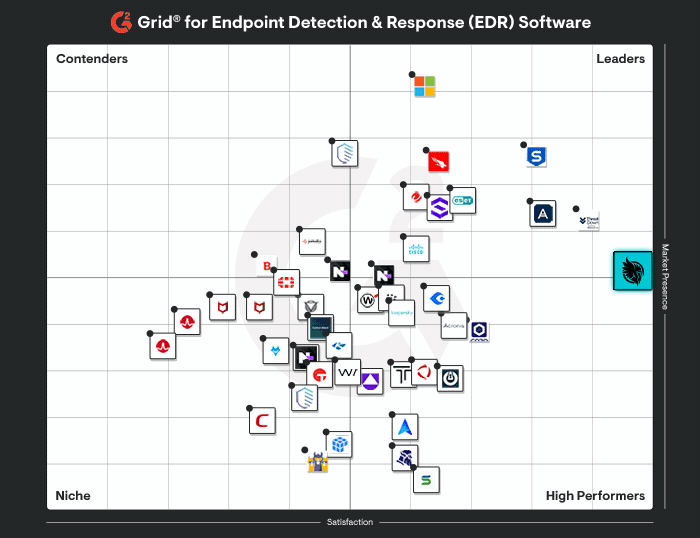Law firms are prime targets for cybercriminals hunting for valuable client data. This gold mine of sensitive information is like running a vault that stores not just cash but your client’s most valuable secrets. Cybersecurity for lawyers and law firms isn’t another IT checkbox—it’s your digital bodyguard.
The Growing Need of Cybersecurity for Lawyers
Your law firm sits at a perfect storm intersection: high-value data meets strict regulatory requirements. Every day, your systems handle the kind of sensitive client information that makes hackers drool—client secrets, corporate strategies, and case files that could make or break multimillion-dollar deals. This treasure trove of data makes legal practices particularly attractive to bad actors looking for their next big score.


Current Cyber Threats to Law Firms
Cyber threats are evolving faster than ever. Here’s what’s keeping legal IT teams up at night:
Modern ransomware attacks not only encrypt your files but also threaten to expose client data, creating a double-extortion nightmare for legal practices.
The Five Cs of Cybersecurity
Change, Compliance, Cost, Continuity, and Coverage are the Five Cs of Cybersecurity—think of these as your firm’s security North Star:
- Change: Security threats evolve faster than case law so your defenses need to keep pace. Static defenses are yesterday's news.
- Compliance: Where regulatory requirements meet cybersecurity—because ABA guidelines and GDPR aren’t just friendly suggestions.
- Cost: Think of security spending as insurance for your firm’s future—way cheaper than dealing with the astronomical costs of breaches, ransomware, and regulatory penalties.
- Continuity: Because “sorry, we got hacked” doesn’t look good on your billable hours. Every minute of downtime costs both money and client trust.
- Coverage: Like a good legal strategy, your security needs to cover all the angles
Essential Security Controls for Law Firms
Think of law firm data protection like building a fortress around a treasure chest. You wouldn’t protect the crown jewels with just a single lock, right? Today’s legal practices need a sophisticated blend of technical safeguards and human awareness that work together like a well-prepared legal defense. Here are your data security for law firms playbooks:
- End-to-end encryption: Like attorney-client privilege for your digital communications, making sure data remains confidential whether it’s sitting on servers or traveling across networks.
- Multi-factor authentication (MFA): Because passwords alone are like leaving your office door unlocked with a please don’t enter sign.
- Role-based access controls: Just as not every associate needs access to partner files, not everyone needs access to everything digital.
- Regular security audits: The digital equivalent of malpractice insurance—identifying vulnerabilities before they become breaches.
- Zero Trust security models: The digital version of trust but verify—except it’s more like verify, then verify again, and maybe trust a little.
- Next-gen firewalls and intrusion protection: Sophisticated barriers that inspect everything trying to enter your digital domain.
- Enterprise VPN solutions: Creating secure tunnels for remote work that are more underground bank vault than public Wi-Fi.
- 24/7 security monitoring: Because cyber criminals don’t respect billable hours or take weekends off.
- Endpoint Detection and Response (EDR): Like having a security guard for every device in your firm’s ecosystem.
- Dark web monitoring: Scouting the digital underworld for your firm’s credentials before they become someone else’s key to your kingdom.
- Comprehensive incident response plans: Because in security, it’s not if, but when—and how prepared you are to contain the digital wildfire before it spreads.



Legal Data Breach Prevention: Steps to Minimize Risk
Preventing cyber incidents is as fundamental as attorney-client privilege.
Your legal data breach prevention strategies should include:
- Employee cybersecurity training: Converting your team from potential vulnerabilities into your first line of defense.
- Regular data backups: Your insurance policy against ransomware—like keeping copies of critical case files.
- Dark web monitoring: Proactively hunting for compromised credentials before they become security incidents.
- Third-party risk management: Vetting vendors and partners for cybersecurity best practices.
Huntress: The Cybersecurity Partner Your Law Firm Can Trust
At Huntress, cybersecurity for law firms isn’t just another service offering—it’s a specialized focus built on protecting legal practices against sophisticated cyber threats.
Our comprehensive solutions include:
- Managed Endpoint Detection and Response (EDR): Professional oversight of endpoint security.
- Advanced Threat Hunting: Real-time monitoring and response capabilities.
- 24/7 Security Monitoring: Round-the-clock threat hunting and response.
Don't wait until you’re explaining a breach to clients to prioritize security. Your clients trust you with their most sensitive information—protect it with the security infrastructure it deserves. Schedule your free demo today to see for yourself how Huntress can help strengthen your firm's cybersecurity posture.


Protect What Matters



















